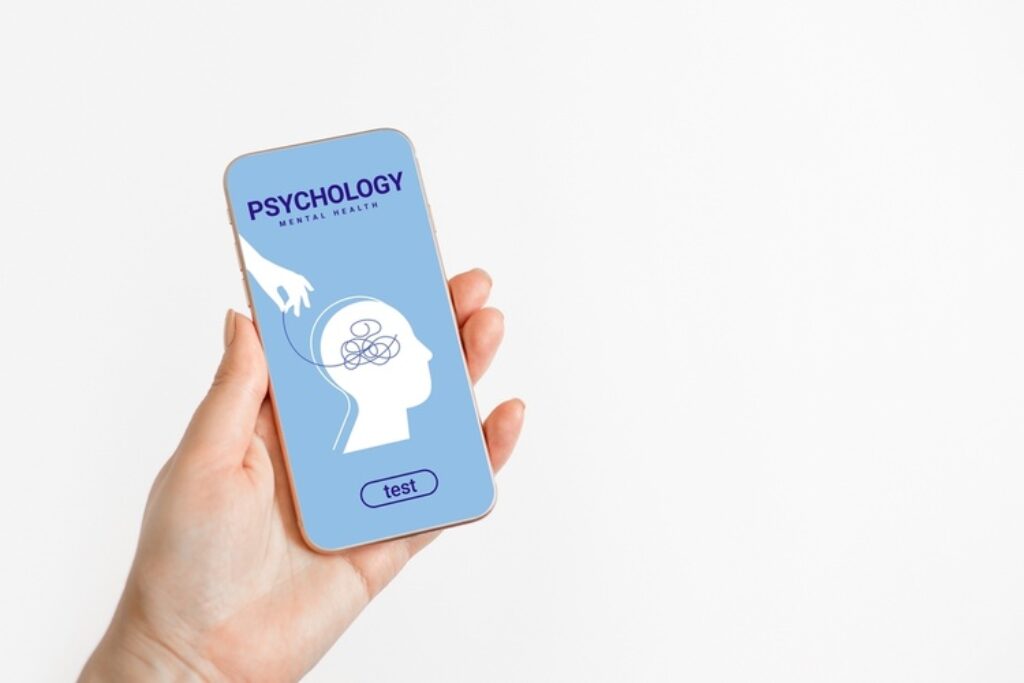
Using Online Depression and Anxiety Self-Tests in the US
Online screening quizzes help individuals self-assess possible depression, anxiety, and other mental health symptoms. Here is in-depth guidance on utilizing these tools effectively.
Related Topics (Sponsored Ads):

Take Clinically Validated Assessments From Trusted Health Sources
If struggling with concerning mental health symptoms impacting mood, outlook, or daily functioning, reputable scientifically-validated self-tests available online can provide an initial at-home evaluation of areas like depression, anxiety, PTSD, OCD, and more when unsure if professional treatment is needed. Among the most widely used evidence-based screening tools include the PHQ-9 questionnaire, which assesses depression severity based on symptoms exhibited over the past two weeks.
The GAD-7 focuses on evaluating general anxiety levels and severity. Additional validated screenings cover conditions like PTSD, OCD, bipolar disorder, ADHD, and eating disorders. Trusted health organizations like Mental Health America, ADAA.org, and Psych Central make such assessments easily accessible online. Utilizing screenings developed and academically tested for accuracy based on psychiatric standards delivers reliable initial results.
Understand Screenings Have Limitations and Do Not Replace Diagnosis
While mental health screening tests certainly help provide important self-insight and a general evaluation of the presence and severity of concerning symptoms, it remains crucial to recognize that online self-assessments have limitations and should never be regarded as a substitute or alternative for an official clinical diagnosis performed by a licensed psychiatrist, psychologist or other certified mental health professional.
At best, self-administered online screenings can give an initial probability indication and the likelihood that a particular condition like major depression, panic disorder, or OCD may exist and be present based on symptoms. But only through comprehensive in-person psychiatric evaluation and patient history can a qualified mental health expert provide an official clinical diagnosis that confirms any potential mental health conditions suggested through online self-screening instruments. Use online tools as just a starting point in determining if professional treatment is recommended.
Print Out Results to Discuss With Your Healthcare Provider
After thoughtfully completing online self-evaluation screenings or quizzes for any mental health symptoms that are negatively impacting mood, relationships, or ability to function and perform daily responsibilities, be sure to print out your official score reports and be prepared to review results carefully with your primary care physician or a mental health specialist. Openly discuss the feelings, challenges, and life obstacles you’ve been experiencing that led you to take evaluations in the first place.
Based on the self-assessment results and discussion, your doctor or provider can best advise on the next steps, such as formally referring you to licensed psychologists, therapists, or psychiatrists for further evaluation and official diagnostic testing if determined appropriate. Having accurate insight into your mental health difficulties through these screening tools leads to timely support through proper diagnosis and treatment.
Retake tests Periodically to Track Changes in Symptoms
Once you’ve taken validated mental health screening tests as a baseline reading, consider periodically retaking the online self-assessments every few weeks or months as mental health check-ins with yourself. This provides beneficial data on any changes in symptoms’ severity, frequency, or intensity over time – whether improving, worsening, or staying consistent. Noticing substantial positive progress or score reductions may indicate therapies and lifestyle changes undertaken are working and should be continued.
On the other hand, marked worsening of scores warrants quick follow-up with your healthcare provider to discuss adjustments or additions to your treatment approach or medication if prescribed. Routine re-testing used judiciously allows individuals and doctors to most optimally monitor conditions like anxiety, depression, and OCD so care plans can be updated based on changes. Make mental health self-checks a critical element of an ongoing self-care routine.
Conclusion
Reliable, clinically validated online screening tests for mental health conditions such as depression, anxiety, OCD, and more available through trusted health organization websites offer individuals an easily accessible means for better understanding and monitoring their symptoms and severity when concerning behavioral or emotional changes occur. However, it remains essential to remember that self-test results should never wholly replace or substitute professional clinical evaluations and diagnoses by a licensed mental healthcare provider. Use online screenings simply as initial guidance to have more productive discussions with your primary physician or a psychiatrist or therapist when deciding if treatment is recommended or necessary. Regular re-testing, when appropriate, also provides advantages in tracking improvements or declines over time. Online self-assessments allow people to be proactive and informed about their mental health status.
Related Topics (Sponsored Ads):
Discover More






